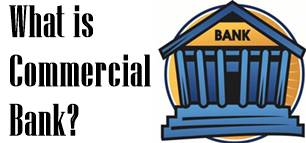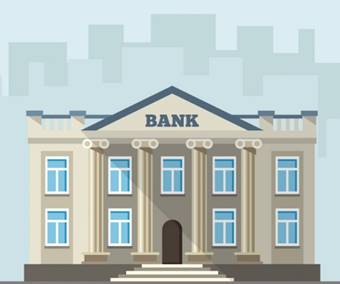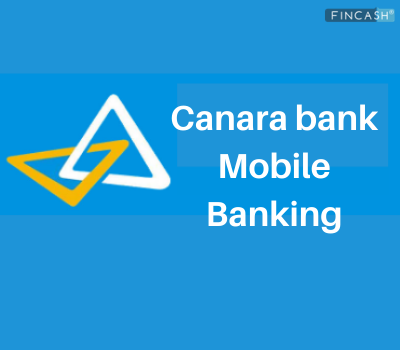
Table of Contents
What is Commercial Bank?
A commercial Bank meaning is a term used to define all the financial institutions and banks that offer withdrawal, deposit, checking accounts and other such services. The bank offers these services to small and large-scale organizations. Most types of financial transactions and commercial activities are executed at the commercial bank. These banks make profits from the interest earned from the loans. They also offer interest on the fixed deposits.

They offer personal, commercial, auto, and other such types of loans. The amount people deposit at these banks provides the bank with the Capital required to process these loans.
The commercial bank offers regular banking services to small and large-sized organizations. From checking and saving accounts to deposits and withdrawals, commercial banks cater to all the financial requirements of individuals and companies. In addition to the interest charged on loan, a commercial bank might make money from the fees and service charges.
The commercial bank pays interest to the customers that deposit money, but the interest rate the bank pays for the deposit is a lot lesser than the rate the bank charges to the borrowers. In other words, the commercial bank receives more money on the amount it lends to the creditors than what it pays to the person who deposits. For example, a commercial bank might offer the loan at the rate of 0.30% to the person who has a Savings Account, and it may charge the interest worth 6% annually to the creditors.
How does the Commercial Bank Operate?
Not only do the commercial banks offer financial services to the customers, but it plays a significant role in maintaining the liquidity in the Market. Basically, the bank uses the money the customer has deposited into their savings account for lending purposes. Every individual who deposits money into their commercial bank account will receive interest on deposits for as long as they have the money on the account. The most common function of the commercial bank is to accept the deposit.
Talk to our investment specialist
Earlier, when the commercial banks were launched, they’d charge a small fee to the depositors for keeping the money in their bank account. However, with the changes introduced in the banking Industry in the past few years, the commercial bank now pays the interest to the depositors. Depositors have to pay the maintenance fee for having an account with the bank and using the services offered by the commercial bank. The highest percentage of the Income earned by the bank is through credit facilities. The bank advances the loan to small and large companies, individuals, and other entities.
Most commercial banks offer short-term and mid-term financing options. Before approving the loan request of the borrower, the commercial bank reviews their credit history, Financial Performance, the purpose of the loan, the profitability of the company, and the business’s ability to repay the loan.
These are a few factors that help banks decide whether or not the candidate qualifies for the loan.
All efforts have been made to ensure the information provided here is accurate. However, no guarantees are made regarding correctness of data. Please verify with scheme information document before making any investment.












